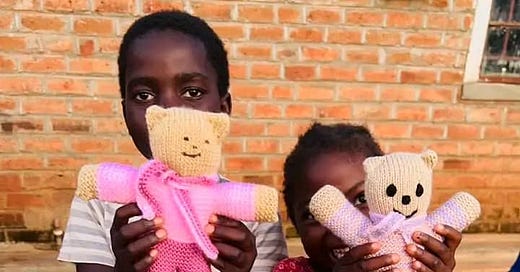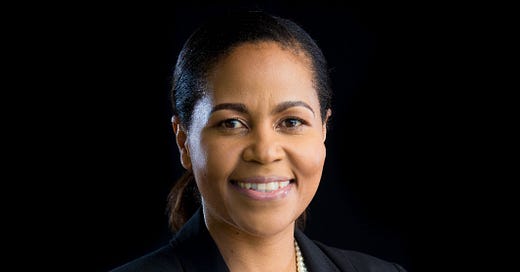Investing in climate resilient water and sanitation in Africa cannot wait
More than 220 million children and their families in Africa are water insecure.
More than 220 million children and their families in Africa are water insecure. The impact is staggering: 58 per cent of children in Eastern and Southern Africa and 31 per cent of children in West and Central Africa live in areas of high, or extremely high, water vulnerability. These children are more likely to miss school to fetch water. They are more likely to suffer malnutrition and stunting when droughts and floods impact agricultural food production. And they are more likely to get sick when communicable diseases and infection spread due to lack of sanitation and contaminated water quality.
In addition to its impact on children’s health and well-being, water insecurity also limits economic growth and forces people to migrate.
As climate change leads to unpredictable and extreme weather patterns, and as population growth increases stress on water resources due to increased water demand and competition, the situation will only get worse.
The reality is stark: Investment in climate-resilient water infrastructure in Africa currently stands far below the levels necessary to ensure water security for the continent’s people. The African Development Bank estimates that US$ 64 billion should be invested annually to meet the 2025 Africa vision of water security for all; but the actual figure invested stands between US$10 -US$19 billion per year.
Urgent action is needed to transform the investment outlook for climate resilient water and sanitation services in Africa.
The COVID 19 pandemic has brought an added sense of urgency, with billions of people lacking access to handwashing facilities at home.
That is why UNICEF and the Global Water Partnership in Africa are issuing this joint call to action:
We are calling on governments, development organisations, donors, businesses, and civil society to gather behind the urgent need to accelerate investment in climate resilient water and sanitation services in Africa.
As the development community convenes for the 14th annual European Development Days, our message is clear: Investment in water governance, as well as water and sanitation services must be prioritised at the highest political level by Heads of States and Government, with leadership and commitment to reverse the current inadequate investment trend.
Development partners, donors, and the private sector have an opportunity to provide technical and long-term financial commitments through public-private partnerships and innovative cofinancing mechanisms to support sustainable water and sanitation investments.
Civil society can play a key role in working with communities to support and advocate for climate-resilient water and sanitation programmes, especially in the areas of high-water vulnerability.
Finally, the European Commission has an opportunity to prioritize water governance, water and sanitation services, and hygiene, as part of the comprehensive strategy with Africa in the EC programming cycle for 2021-2027.
Working together to transform the investment outlook for sustainable climate resilient water and sanitation services is an opportunity to not only ensure water security on the continent, but also contribute to a peaceful, prosperous, stronger and equitable Africa, now and in the future.








